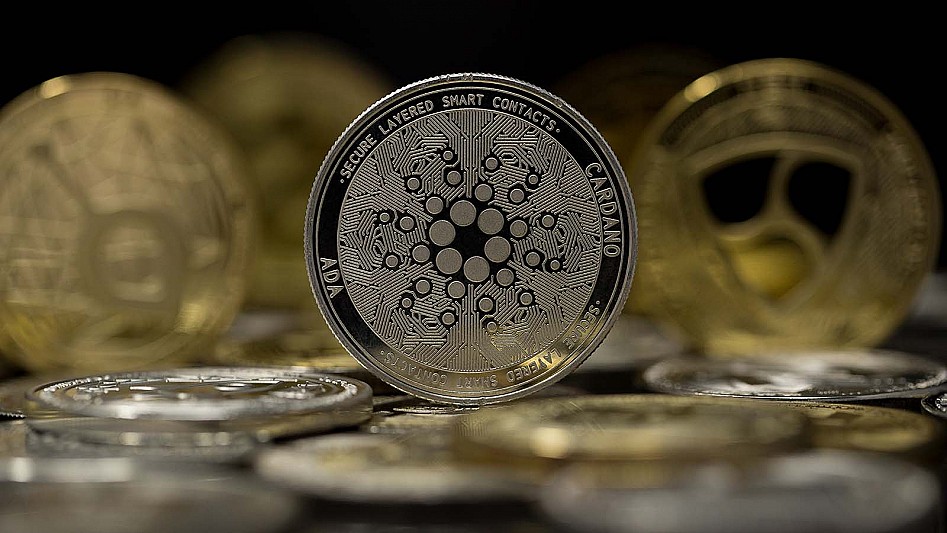Cardano Is Evolving, Not Failing – Charles Hoskinson
13.10.2024 15:00 2 min. read Kosta Gushterov
Charles Hoskinson, the founder of Cardano (ADA), has addressed the rising negative sentiment surrounding his project on social media.
He clarified that this shift in perception is not indicative of any failure on Cardano’s part but rather a result of the ongoing changes brought about by its governance system, Voltaire.
Hoskinson acknowledged the recent decline in Twitter sentiment, stating that it reflects the intended outcomes of Voltaire. He pointed out that years of unresolved issues, such as incomplete roadmap items and unfunded growth strategies, have built up due to the governance system’s inability to adapt to the ecosystem’s needs. However, with the implementation of Voltaire, he is optimistic that the new governance framework will address these challenges and support substantial growth.
Expressing his own frustrations, Hoskinson noted that he is aware of the requirements for Cardano Native Asset (CNA) projects like Midnight, specifically regarding custody and liquidity. He emphasized the importance of real governance that prioritizes ADA users and is confident that the ecosystem now possesses a robust governance model to facilitate new initiatives.
Hoskinson also highlighted Cardano’s commitment to transparency, contrasting it with other crypto projects that operate behind closed doors. He believes that this openness has made Cardano a target for criticism from rival projects.
Defending Cardano’s long-term vision, Hoskinson stressed that the project is focused on sustainable growth rather than short-term gains or market manipulation. He dismissed any association with traditional financial institutions, asserting that Cardano is not fading away but rather evolving and striving to remain a genuine cryptocurrency, free from the influence of entities like BlackRock and Wall Street.
-
1
Shiba Inu Hangs by a Thread as Chart Signals 50% Breakdown
21.06.2025 15:00 2 min. read -
2
Ethereum Loses Retail Momentum as Bitcoin Pulls Ahead
20.06.2025 21:00 1 min. read -
3
Mass Liquidations and Wallet Dumps Sink ZKJ
17.06.2025 15:00 1 min. read -
4
After a Bleak Week for Crypto, Eyes Turn to This Week’s Token Unlocks
23.06.2025 10:00 2 min. read -
5
Binance to Delist Three Spot Trading Pairs on June 20
18.06.2025 19:00 1 min. read
This Week in Crypto: Whale Accumulation, Ethereum Signals, and a Sentiment Shake-Up
According to the latest Santiment report, the crypto market is entering a critical phase, with a mix of bullish on-chain signals and cautionary sentiment indicators.
Russia’s Rostec to Launch Ruble-Backed Stablecoin on Tron Blockchain
Russian state-owned defense and technology giant Rostec has unveiled plans to launch a ruble-pegged stablecoin and digital payments platform by the end of 2025, marking one of the country’s most significant moves yet toward blockchain-based financial infrastructure.
What’s Ahead for Ethereum, According to Former Core Developer
Former Ethereum core developer Eric Conner has outlined a compelling bullish thesis for Ethereum (ETH), pointing to a convergence of on-chain data and institutional flows that could set the stage for a significant price surge.
Pepe Price Prediction: One-Month Trend Line Resistance Breakout Could Push PEPE to $0.000015
Pepe (PEPE) has been trending lower in the past few days and has underperformed some of its peers as investors seem to have been increasingly drawn to Solana-based tokens. The launch of the first Solana ETF in the United States along with key paperwork submissions for a Pudgy Penguins (PENGU) ETF has pushed PEPE temporarily […]
-
1
Shiba Inu Hangs by a Thread as Chart Signals 50% Breakdown
21.06.2025 15:00 2 min. read -
2
Ethereum Loses Retail Momentum as Bitcoin Pulls Ahead
20.06.2025 21:00 1 min. read -
3
Mass Liquidations and Wallet Dumps Sink ZKJ
17.06.2025 15:00 1 min. read -
4
After a Bleak Week for Crypto, Eyes Turn to This Week’s Token Unlocks
23.06.2025 10:00 2 min. read -
5
Binance to Delist Three Spot Trading Pairs on June 20
18.06.2025 19:00 1 min. read


